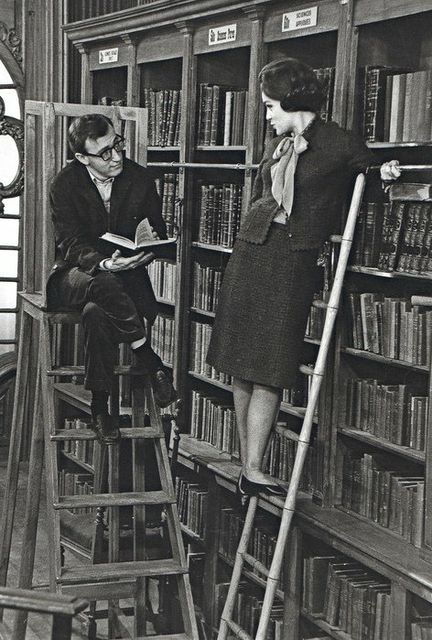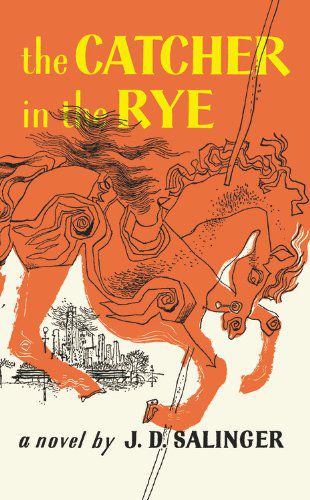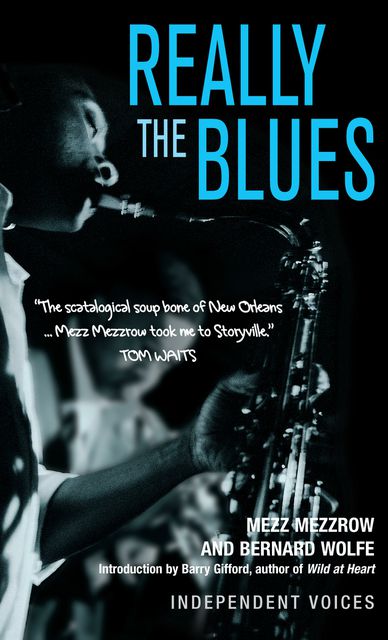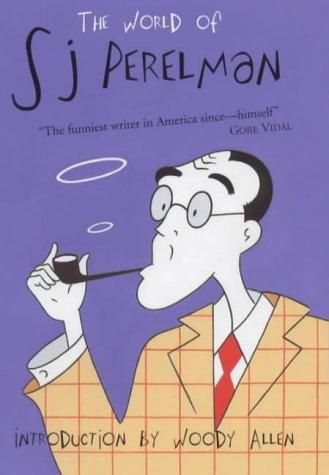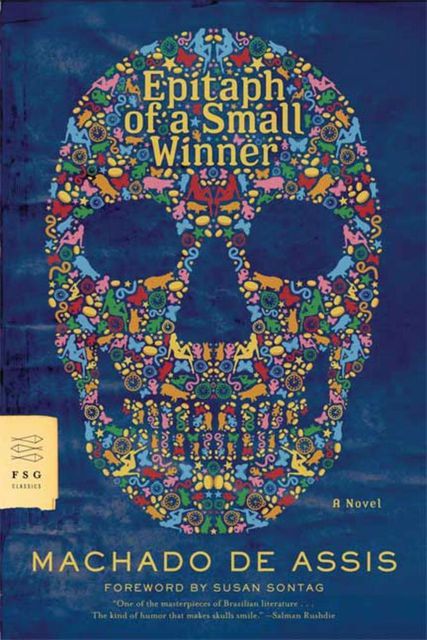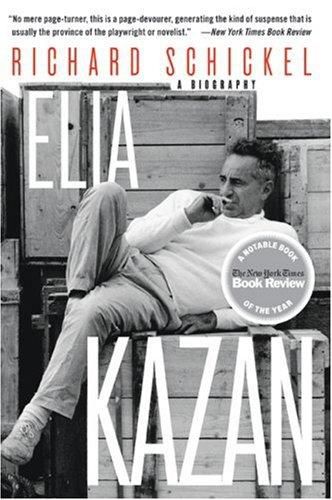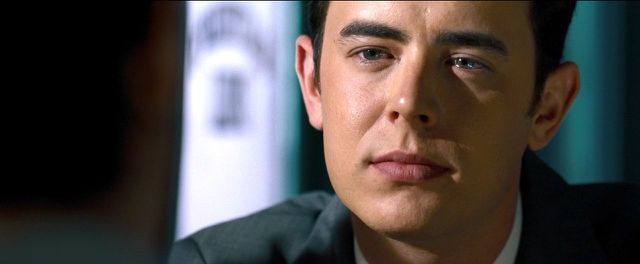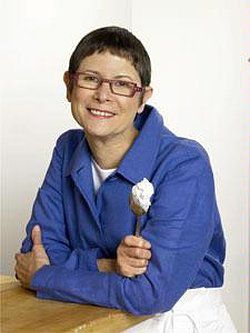The funniest human being in my lifetime, in any medium – whether it's stand-up, television, theatre, prose, or movies – is SJ Perelman. The early stuff was a little wild, not nearly as subtle or as good. As he developed over the years, his stuff became relentlessly sensational. There are many collections of Perelman that are filled with great things. This one, which I wrote the foreword to, has a number of spectacular pieces. Because the editors did it chronologically, my own opinion is that the first four essays are weaker. Once you hit the fifth casual, as the New Yorker called them, he hits his stride and the rest of them are absolute comic genius. As funny as you can get. Those of us who grew up with Perelman found it impossible to avoid his influence. He had such a strong, inventive style.
Entering the warped world of S.J. Perelman is an experience. Written mainly for New Yorker magazine from the 1930s onwards, his sketches made reckless guerilla forays behind enemy lines to expose the absurdities of modern life and bring succour to that most persecuted minority of all: the embattled sane. A scalpel-keen satirist and parodist, he assembled a baroque range of registers and genres to lampoon the pretentions and inanities of the new language of popular culture wherever he found it - in advertising, publishing, magazines, movies, television and newspapers. But, more often than not, it is Perelman's own mock-sombre and eternally put-upon fictional persona who is the undoubted star of these sketches. While all he craves is a little peace and sanity, he is continually pushed closer to the edge by the steady stream of those sent to try him: movie moguls, the Marx brothers, Broadway impressarios, dry cleaners, house painters, insurance salesmen, au pairs, dentists and second-hand car dealers.
